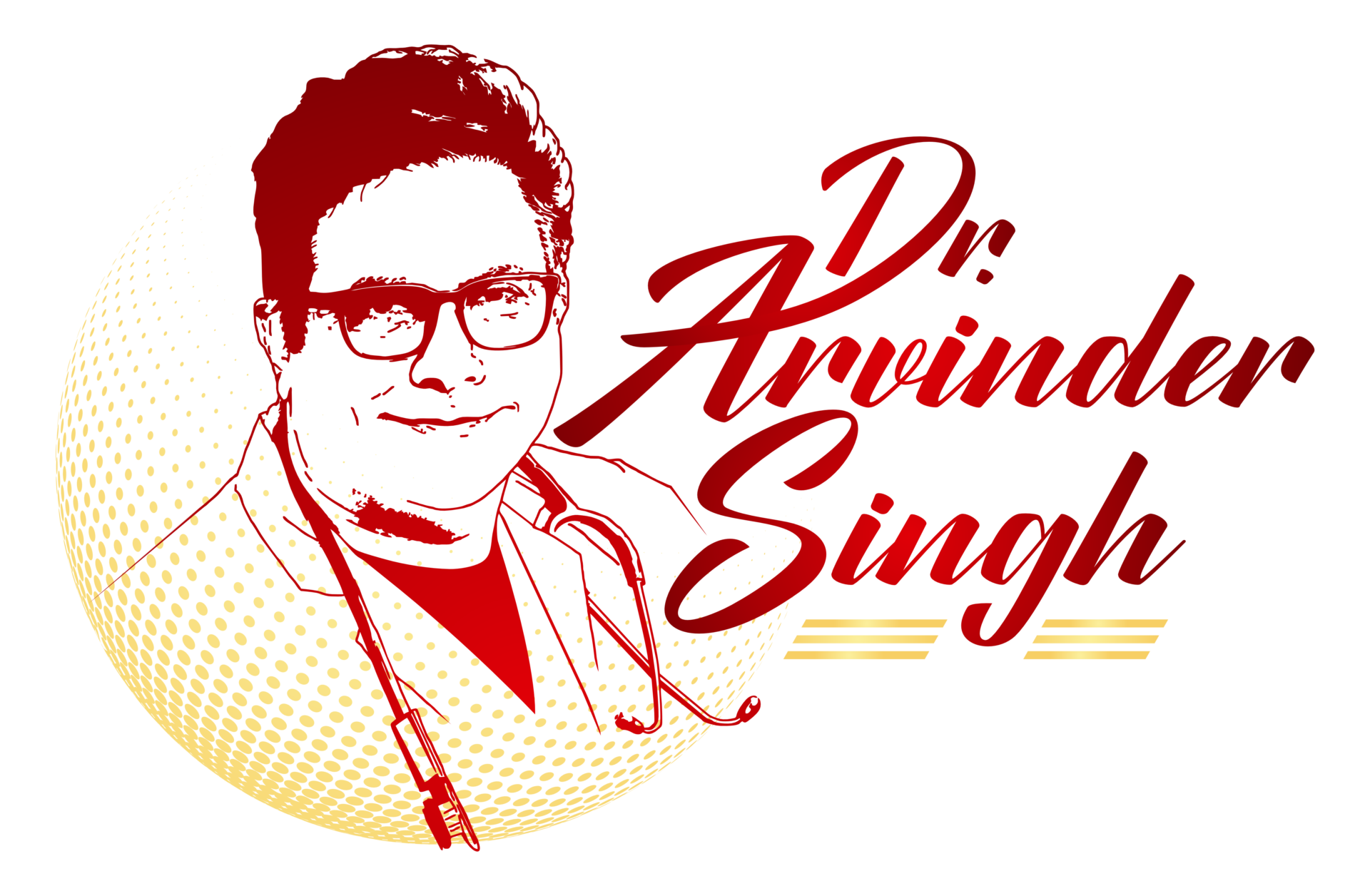Healthcare is a profession built on both moral responsibility and legal accountability. While medical ethics and medical law serve the common goal of regulating medical practice, they differ in origin, purpose, and enforcement. Understanding their distinctions—and where they overlap—is essential for every healthcare professional.
What is Medical Ethics?
Medical Ethics refers to a set of moral principles and professional values that guide healthcare practitioners in making decisions that affect patient care.
These principles are not legally binding in themselves but are often enforced through professional codes of conduct by medical councils and associations.
Core Ethical Principles:
- Beneficence – Act in the best interest of the patient.
- Non-Maleficence – Not harm.
- Autonomy – Respect the patient’s right to make decisions about their own body and treatment.
- Justice – Ensure fairness and equality in providing healthcare.
Example:
A doctor refusing to perform unnecessary diagnostic tests on a patient simply to increase billing reflects ethical integrity, even if such action is not specifically prohibited by law.
What is Medical Law?
Medical Law is the body of legally enforceable rules created by legislatures, courts, and regulatory authorities to govern the practice of medicine.
Unlike ethics, medical law has a binding force—violating it can result in penalties, fines, license suspension, or imprisonment.
Primary Purposes of Medical Law:
- Protect patient rights
- Maintain public health and safety
- Define the professional responsibilities of healthcare providers
- Provide mechanisms for accountability
Example:
The Transplantation of Human Organs and Tissues Act, 1994, in India legally regulates organ donation and transplantation, making violations punishable by law.
To gain a structured foundation in this subject, healthcare professionals can explore the Introduction to Medical Law course by Medipreneur, which offers in-depth insights into how legal frameworks shape medical practice in India.
Key Differences Between Medical Ethics and Medical Law
| Aspect | Medical Ethics | Medical Law |
| Nature | Moral and value-based | Statutory, regulatory, and legally binding |
| Source | Philosophical values, professional codes | Acts, statutes, court judgments, government regulations |
| Enforcement | Medical councils, professional bodies | Courts, tribunals, and statutory authorities |
| Flexibility | Can evolve based on societal and cultural values | Fixed until amended by legislation |
| Consequence of Violation | Professional reprimand, suspension, loss of credibility | Fines, imprisonment, civil liability, license revocation |
Where Medical Ethics vs Medical Law Intersect
There are several areas where ethical principles are incorporated into law, or where legal rules reflect moral duties.
Let’s look at some key examples:
a) Informed Consent
- Ethical View: Respects patient autonomy and ensures decisions are made with understanding.
- Legal View: Required under laws governing medical practice; failure to obtain valid consent can lead to negligence claims.
- Example: A surgeon must explain the risks, benefits, and alternatives of a procedure before a patient agrees to it.
b) Confidentiality
- Ethical View: Protecting patient information is central to trust in the doctor-patient relationship.
- Legal View: Enforced under privacy laws like the Information Technology Act, 2000 and hospital policies; breaches can result in fines or legal action.
- Example: A nurse discussing a celebrity patient’s condition with the media breaches both ethical and legal duties.
c) End-of-Life Decisions
- Ethical View: Balances compassion, patient autonomy, and dignity in dying.
- Legal View: Guided by court rulings and legislation (e.g., passive euthanasia guidelines in India set by the Supreme Court).
- Example: Withdrawing life support requires both ethical justification and legal compliance.
d) Organ Transplantation
- Ethical View: Prevents exploitation, ensures fairness in allocation, and respects donor consent.
- Legal View: Regulated strictly by laws to avoid illegal trafficking.
- Example: Even if a family ethically wishes to donate a relative’s organ, legal formalities must be completed to proceed.
e) Medical Negligence
- Ethical View: Physicians have a duty to provide safe, competent care.
- Legal View: Negligence is a cause of civil and criminal action under laws like the Consumer Protection Act and IPC Section 304A.
- Example: Prescribing the wrong medication due to carelessness can lead to both an ethical breach and legal liability.
Practical Implications for Healthcare Professionals
- Dual Awareness: Knowing only the ethical side or only the legal side is insufficient—both must be understood.
- Risk Management: Following ethical guidelines often helps prevent legal trouble.
- Documentation: Good record-keeping serves both ethical transparency and legal defense.
- Continuous Learning: Laws change, and societal ethical expectations evolve—professionals must keep up-to-date.
To enhance both ethical decision-making and legal understanding, professionals can pursue the Medical Law and Ethics Course in India by Dr. Arvinder Singh, which combines theoretical learning with real-world healthcare applications.
Summary
- Medical Ethics: Moral compass of the profession
- Medical Law: Legal guardrails for safe, fair practice
- Intersection: Areas where moral duties become legal mandates, ensuring care is both morally sound and legally compliant.
Final Takeaway:
Healthcare professionals should see ethics and law as two sides of the same coin—ethics shapes the spirit of care, while law enforces its boundaries. By integrating both into daily practice, providers can protect patients, safeguard themselves, and uphold the honor of the profession.


